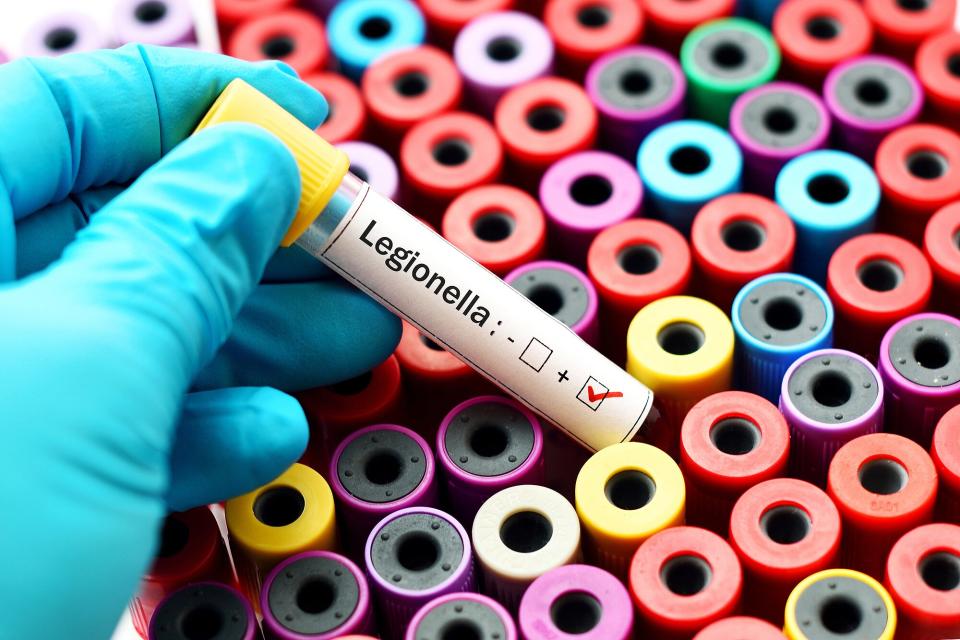Michigan Reports a 569% Increase in Legionnaires' Disease Cases Since Last July

Getty
Michigan has recently experienced a significant year-over-year increase in reported cases of Legionnaires' disease, and the source is unclear.
In the first two weeks of July, 107 cases have been reported across 25 counties, a 569% increase from the 16 cases reported during the same time period in 2020, according to the Michigan Department of Health & Human Services. None of the 107 reported cases have led to any deaths.
A majority of the cases were reported in Wayne, Oakland and Macomb counties, the three most populous counties in the state, with 68 (64%) of the state's Legionnaires' cases. The remainder of the cases is spread across 22 other counties.
RELATED: Athletes & Organizers Who Have Tested Positive for COVID at the 2020 Tokyo Olympics
"To date, no common sources of infection have been identified," MDHHS wrote in a statement, noting that although legionellosis cases are most common in summer and early fall, the increase is "higher than expected for Michigan for this time of year."
"Recent weather trends including rain, flooding and warmer weather may be playing a role in the rise of reported legionellosis cases this summer," Dr. Joneigh Khaldun, MDHHS chief medical executive and chief deputy director for health, said in the statement. "We want everyone to be aware of Legionnaire's disease, especially if they may be at higher risk for illness and we ask that healthcare providers remain vigilant, and test and treat appropriately."
Joseph Eisenberg, professor and chair of the University of Michigan's Department of Epidemiology, told The Detroit News the increase is likely due to "a change in environment," adding: "…it is spread out. It's not like it's an obvious source."
RELATED VIDEO: Catt Sadler Is Sick with COVID After Getting Fully Vaccinated: 'Delta Is Relentless'
Chuanwu Xi, a professor of environmental health sciences and global public health at UM's School of Public Health, said that although the increase in cases is "alarming," it's not something to be overly concerned about. "I don't think you really need to be scared," Xi said, although he noted that the increase is "an indication that something's wrong here in the system."
Although Legionnaires' disease does not spread person-to-person, people become infected when they inhale mist or vapor containing the bacteria. With many buildings reopening after extended COVID-19 closures, MDHHS notes that it could create an environment for Legionella bacteria amplification and transmission.
Those at the highest risk of contracting Legionnaires' disease are people over 50, current or former smokers, people with chronic lung disease, people with weakened immune systems from diseases and people who take immunosuppressant drugs.

 Yahoo Sport
Yahoo Sport 





































